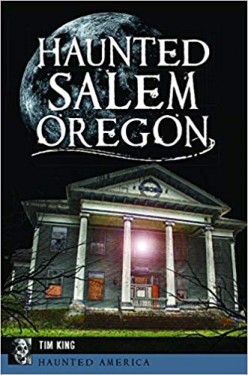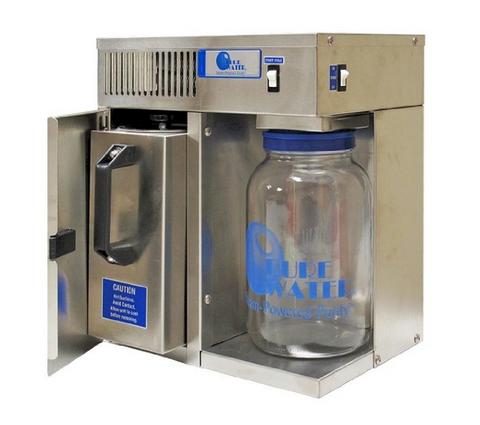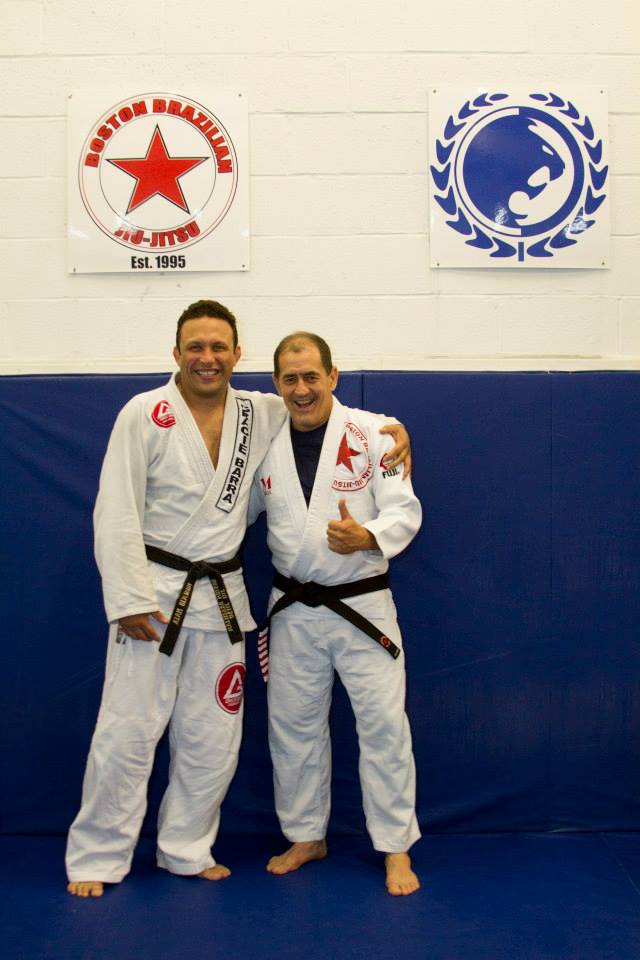
Maybe Dr. Gottleib can answer my question which begs asking “If Dsuvia (Sufentanil) is restricted to use in certified medically-supervised health care settings ‒ such as hospitals, surgical centers and emergency departments ‒ for administration by a health care professional how does that qualify a battlefield?
Marianne Skolek Perez, Investigative Reporter
(MYRTLE BEACH) How did Dsuvia also known as Sufentanil sublingual receive FDA approval when Scott Gottleib, MD, Commissioner of the FDA acknowledges a “crisis of opioid addiction”? On November 28, 2018 I wrote an article for several publications regarding the threat to human life with the FDA approval of Dsuvia (Sufentanil). The opioid is to be administered sublingually (faster absorption) and is approximately<b> 5 to 10 times more potent than its parent drug, Fentanyl and 500 times as potent as morphine. Links to my article are shown below.
Here are some excerpts from Dr. Gottleib’s statement on November 2, 2018 on the FDA’s decision to approve Dsuvia (Sufentanil)
The crisis of opioid addiction is an issue of great concern for our nation. Addressing it is a public health priority for the FDA. The agency is taking new steps to more actively confront this crisis, while also paying careful attention to the needs of patients and physicians managing pain.
In this particular case, Dsuvia (Sufentanil) is a sublingual (under the tongue) formulation of Sufentanil that’s delivered through a disposable, pre-filled, single-dose applicator. The medicine is restricted to use in certified medically-supervised health care settings ‒ such as hospitals, surgical centers and emergency departments ‒ for administration by a health care professional.
My Rebuttal to the FDA
Dsuvia (Sufentanil) will be administered to wounded military in the battlefield with the condition that physicians “closely” monitor patients for respiratory failure as well as treatment of ambiguous chronic pain.
Maybe Dr. Gottleib can answer my question which begs asking “If Dsuvia (Sufentanil) is restricted to use in certified medically-supervised health care settings ‒ such as hospitals, surgical centers and emergency departments ‒ for administration by a health care professional how does that qualify a battlefield?
At an October 2018 meeting of the Anesthetic and Analgesic Drug Products Advisory Committee, the committee recommended 10-3 that Dsuvia (Sufentanil) be approved. Committee members in attendance for the meeting included experts on pain management, medication safety, human factors and critical care nursing, who are anesthesiologists, pain specialists and pharmacists.
My Rebuttal:
One of the “experts” voting to approve Dsuvia (Sufentanil) was Lynn R. Webster, MD who has made quite a name for himself in the opioid epidemic. Webster’s pain clinic in Salt Lake City, Utah had been raided by the D.E.A. in 2010 because of high numbers of deaths while patients were under his treatment. It was disputed as to the death toll at his pain clinic and lawsuits from victims’ families were settled out of court. Webster went on to re-invent himself in research since his operating a pain clinic was no longer an option for him.
Webster convinced American physicians that opioids had a low risk of addiction — as low as 1% and memorialized it in his book published in 2007<strong> “Avoiding Opioid Abuse While Managing Pain – Guide for Practitioners.”</strong>
As VP of Scientific Affairs at PRA Health Sciences in Salt Lake City, Utah, Webster conducted “cheap party studies” in healthy college-age students who admitted to using recreational drugs. “Many of them will come in with their friends and this becomes a cheap party where they can earn some money,” said Dr. Webster. Participants are paid between $250 and $300 a day and cannot leave the premises until the drugs have cleared their system. Some trials last up to a month. One participant likened it to being on “a paid vacation where we’re treated like kings and fed well.”
In 2012 the U.S. Senate Finance Committee launched an investigation into the opioid epidemic. Webster was investigated by committee members. Upon completion of the investigation, U.S. Senator Orrin Hatch, (Utah) Chairman sealed the report where it remains today. It was rumored that Hatch was protecting his friend, Webster. Now that the good senator has retired, maybe someone with a conscience will want answers to why we are losing people to addiction and death in the tens of thousands and unseal the report.
So Dr. Gottleib care to have one of your family members participate in Webster’s “cheap party studies” as you refer to him as an expert in evaluating new and life-threatening drugs such as Dsuvia (Sufentanil)? We have an opioid epidemic in unprecedented proportions in our country and the FDA continues to be oblivious to it along with a disregard for human life.
https://freedomoutpost.com/fda-remove-sufentanil-dsuvia-as-you-did-palladone-in-2005-its-dangerous/
https://sonsoflibertymedia.com/fda-remove-sufentanil-dsuvia-as-you-did-palladone-in-2005-its-dangerous/
http://salem-news.com/articles/november282018/fda-remove-sufentanil-msp.php
http://www.globalnewscentre.com/fda-remove-sufentanil-dsuvia-as-you-did-palladone-in-2005-its-dangerous/#sthash.bEyL0w9r.dpb
Marianne Skolek Perez
Consultant to attorneys on opioid lawsuits filed throughout the country
Investigative Reporter covering the opioid epidemic writing for
Global News Centre, Salem-News.com, Sons of Liberty Media, The Washington Standard and Freedom Outpost
908-285-1232 - cell
 Global News Centre’s Marianne Skolek, is an Investigative Reporter who focuses on the Prescription Opioid/Heroin Epidemic in the U.S. and Canada. In particular, Marianne has covered the criminal marketing of OxyContin going back to 1999 and continuing to the present.
Global News Centre’s Marianne Skolek, is an Investigative Reporter who focuses on the Prescription Opioid/Heroin Epidemic in the U.S. and Canada. In particular, Marianne has covered the criminal marketing of OxyContin going back to 1999 and continuing to the present.
In 2002, Marianne lost her daughter, Jill to prescribed OxyContin which her physician referred to as “mobility in a bottle.” It was, in fact, death in a bottle. After doing extensive research on the maker of OxyContin, Purdue Pharma, Marianne began working with the Department of Justice in Virginia in their criminal investigation into Purdue Pharma and in July 2007 was asked by the U.S. Attorney John Brownlee prosecuting the case to testify against the three CEO’s of Purdue Pharma, Michael Friedman, Paul Goldenheim, MD and Howard Udell, Chief Counsel. The CEO’s pleaded guilty to misleading the medical profession about the dangers of OxyContin. Marianne also testified against Purdue Pharma at a Judiciary Hearing of the U.S. Senate in July 2007.
In addition, a dangerous and highly addictive opioid named Zohydro has been approved by the FDA against their Advisory Committee’s advice and Marianne continues to alert Attorneys General, Senators and Congressmen as to the FDA’s irresponsibility in the out of control prescription opioid/heroin epidemic killing and addicting in the tens of thousands each year. Zohydro has been referred to as “heroin in a capsule” and its lowest dosage (10mg) contains twice as much hydrocodone as found in a Vicodin pill. The highest single dose of Zohydro contains as much hydrocodone as 5 to 10 tablets of Vicodin or Lortab. Zohydro mixed with alcohol can be fatal and has no abuse deterrent built in which will make it easy to crush and deliver a fatal dose of the opioid.
Currently Marianne has been instrumental in calling for the termination of Margaret Hamburg, MD, Commissioner of the FDA as well as Bob A. Rappaport, MD and Douglas Throckmorton, MD for their lack of commitment to safeguarding the American public against the prescription opioid/heroin epidemic. Marianne’s research, writing and contact with government agencies and attorneys has also exposed the heavily funded pain foundations set up by the pharmaceutical industry and their paid physician spokespersons who convinced the medical boards in 50 states and Canada that dangerous opioids such as OxyContin were less likely to be addictive. These physicians — in particular Scott Fishman, MD, J. David Haddox, DDS, MD, Perry Fine, MD, Lynn R. Webster, MD, Russell Portenoy, MD also downplayed the risks of addictive opioids in books as authors. These books are still available for sale and promoted to the medical profession.
Here are links to Marianne’s involvement in exposing the national conspiracy of the prescription opioid/heroin epidemic, the FDA, the pharmaceutical industry, their pain foundations and paid physician spokespersons.
http://www.salem-news.com/by_author.php?reporter=Marianne%20Skolek
http://www.youtube.com/watch?v=tmPG1VjD61U&list=UUWoHUEr4ZAbQOfIqtOArjgg&index=6&feature=plcp
https://www.facebook.com/photo.php?v=855537227796352&set=vb.658186307531446&type=2&theater
 Global News Centre’s Marianne Skolek, is an Investigative Reporter who focuses on the Prescription Opioid/Heroin Epidemic in the U.S. and Canada. In particular, Marianne has covered the criminal marketing of OxyContin going back to 1999 and continuing to the present.
Global News Centre’s Marianne Skolek, is an Investigative Reporter who focuses on the Prescription Opioid/Heroin Epidemic in the U.S. and Canada. In particular, Marianne has covered the criminal marketing of OxyContin going back to 1999 and continuing to the present. 




















